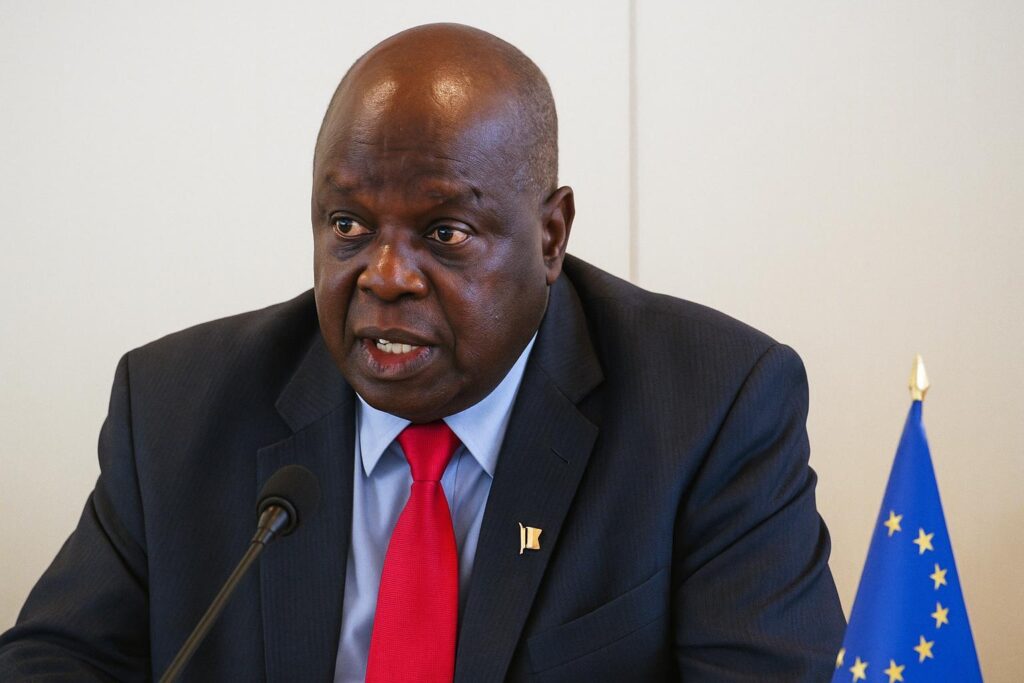Nhial Deng’s Dramatic Departure
South Sudan’s political landscape shifted as veteran statesman Nhial Deng Nhial froze his membership in the Sudan People’s Liberation Movement and unveiled a reformist platform.
In an 18-page declaration shared with Radio Tamazuj, the former foreign minister accused the ruling elite of betraying the ideals that guided the 2011 independence project.
Roots of Discontent within SPLM
Nhial cited entrenched corruption, persistent insecurity and postponed elections, arguing that citizens feel increasingly detached from a party he described as “comatose.”
Observers note that the 2018 Revitalised Agreement remains only partly implemented, fuelling skepticism about the government’s readiness for credible polls.
Birth of the South Sudan Salvation Movement
The South Sudan Salvation Movement, or SSSM, is presented as a temporary mechanism to steer deep reforms within the SPLM rather than replace it.
Operating under the United People’s Alliance led by Pagan Amum, the SSSM plans to work with other blocs to secure a permanent constitution and multiparty elections by 2026.
Implications for Ongoing Peace Talks
Nhial’s announcement arrives amid the Kenya-brokered Tumaini Initiative, suspended in February 2025 after disagreements over negotiating positions.
Some analysts fear the defection may complicate dialogue, while others argue it could inject urgency into stalled reforms and broaden the conversation on governance.
Profile of a Seasoned Negotiator
Born in Tonj in 1952, Nhial studied law in Khartoum and Dundee, mastering English and Arabic before joining the SPLM rebellion in 1983.
He alternated between diplomatic and ministerial posts, including defence and foreign affairs, and led negotiation teams for the Comprehensive Peace Agreement and subsequent accords.
Regional Takeaways for African Governance
Nhial’s call for accountability echoes across Africa, where liberation movements turned ruling parties confront mounting demands for renewal.
The manner in which Juba manages this internal dissent may offer wider lessons on balancing stability with deeper democratic practice on the continent.


